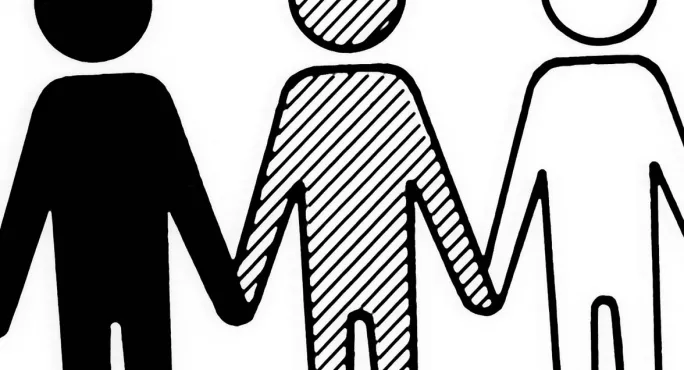I work in an “outstanding” school. Our latest results crowned us the top school in our local area. Our pupils were found to make well-above-average progress, placing us among the top schools nationally. Our executive headteacher is celebrated among professionals, and educationists from around the country regularly come to observe our school and try to replicate our achievements. And, obviously, successive inspections by Her Majesty’s officials have confirmed our grading as “outstanding”.
I also work in a school that is structurally racist.
This is most evident in the implementation of behaviour policies. Black students make up around 50 per cent of our student body. But walk into our internal exclusion unit on any given day, and you will find an overwhelming majority of black boys.
Indeed, aggregated behaviour data clearly shows that black students in the schools are punished more often and more severely than white students.
Discriminatory application
Seventy per cent of our total number of detentions are given to black students, and 85 per cent of our fixed-term exclusions are meted to black students - quite a disparity, considering that black pupils make up only about 50 per cent of the student body.
While it is classroom teachers who are responsible for giving detentions, it is a small group of senior leaders who make decisions about exclusions.
This data shows that members of staff at all levels are contributing to the discriminatory application of our behaviour policy. But it also shows that more senior members of staff and more serious punishments correlate to more discriminatory figures.
Another aspect of the behaviour policy that is structurally discriminatory is related to uniform regulations and, more specifically, hair.
Extreme hair
Many schools across the country and beyond have made headlines recently for having racist uniform policies. My school hasn’t been among them, but it should be.
Our uniform policy states that hairstyles shouldn’t be “extreme”. Our senior leaders interpret this intentionally ambiguous term to include natural afros that go beyond a certain length (we are still to be told what the acceptable length is).
On multiple occasions, pupils have been held in our internal exclusion unit for having hair grow naturally out of their scalps. They have been told to cut it off, or they will not be allowed back in class.
Ostensibly, the ban is not specifically on afros, but on boys having long hair. However, this justification doesn’t hold. Firstly, that policy would still be discriminatory, just on the basis of sex rather than race. Secondly, there are a number of white male pupils in the school with shoulder-length hair, and I am yet to see any of them punished for it.
It is important to stress that the hair ban is no mere aesthetic inconvenience. It replicates patterns of policing black bodies and defining professionalism and appropriate appearance, which centre white privilege.
Narrow measures of success
Some parents have tried to complain to the school about it. But school leaders have used these meetings as a venue for informing these parents of all the ways in which their children are underperforming and failing them. Students learned quickly that complaining to parents meant getting into serious trouble - so they shut up.
There is something wrong when a school deemed as a model can follow these policies and practices as a matter of course, and get away with it. How narrow have our measures of success become, and what do they hide?
I am writing this anonymously, as I am scared of the retribution I would receive from my school leaders: teachers are effectively discouraged from speaking out. Pupils know the cost of speaking out as well, so they don’t either. Successive inspections have never raised a concern, despite having access to the same data I elaborated above. Who is going to hold our school leaders accountable?
Black pupils are being failed by the structural racism of ‘outstanding’ schools like mine, and this needs to stop.
The author is a secondary school English teacher in London





